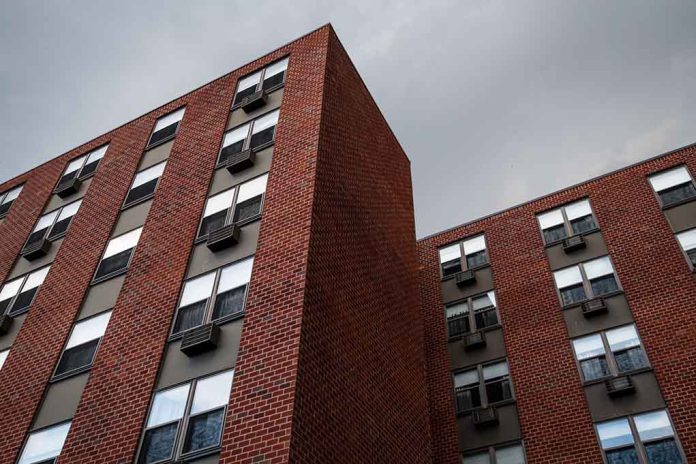
(DailyVibe.com) – A housing crisis is currently in play in the United States due to several factors, and there’s a good chance you will be impacted. There is a lack of construction workers, slowed growth in new construction, rental conglomerates buying up houses and jacking up prices, and retirees of the Boomer generation who are occupying many homes. Plus, economic instability, the recent pandemic, and uncertainty about interest rates have the real estate market in quite a shakeup. Rent prices are suffering from inflation and are higher than ever.
If this makes you wonder how you can stay housed, you’re not alone. Lots of people are scrambling to stay housed or to find new housing.
Fortunately, Section 8 housing is there to help, and if you qualify, it’ll help you keep afloat while you wait for things to improve. Let’s take a look at what qualifications you have to meet to be eligible for Section 8 housing, and what Section 8 housing means.
What is Section 8 Housing?
Formally called the Housing Choice Voucher Program, Section 8 housing is the main way the federal government assists low income families and individuals with staying housed. It’s run by the United States Department of Housing and Urban Development (HUD) funding-wise, but each individual state administers the program. The program works because the federal government guarantees a percentage of your rent payment, meaning it comes from them directly. The idea is that this will help you afford housing while incentivizing a landlord to rent to you because most of the rent comes from the most reliable funding source out there.
How Do You Qualify for Section 8 Housing?
Income requirements are the biggest dealbreaker when it comes to qualifying for Section 8 housing. Your individual local Public Housing Authority (PHA) determines this. It’s based on total annual gross income and family size. Additionally, it’s limited to citizens of the United States and specially qualified non-citizens only. Generally, your family’s income can’t go past 50 percent of the county or metropolitan area’s median income where you choose to live. If you go over that limit, you are not eligible.
Median income can vary wildly, at $75,686 in Denver or $49,148 in Tulsa. In Milwaukee, meanwhile, it’s $86,415. As you know, a dollar goes farther in some cities than in others. This is why the area you live in is so important for determining whether you qualify — something important to consider in the age of remote work.
To prove your citizenship status, you’ll need to provide a Green Card, passport, or Social Security card to get Section 8 housing assistance. If you have kids in your house, you’ll need to provide a birth certificate for each child to prove that they are part of your family and can help you qualify.
Criminal Records
Have you committed a crime? If so, you may get turned down for that unless your offenses are considered low level and happened over five years ago. This is to ensure safety for those in Section 8 housing — your neighbors. For this reason, the government has strict limits in place about who can receive Section 8 housing.
Prior Evictions
Have you ever been evicted before? If so, this could affect your eligibility. You have to play by the rules to get Section 8 assistance. If you have previous evictions on your record, it’s unlikely that you will get Section 8 housing assistance.
If you are able to meet these eligibility requirements, it’s recommended that you apply for the program. Everyone deserves housing, and sometimes we need a little assistance in making it happen.
Copyright 2023, DailyVibe.com
















